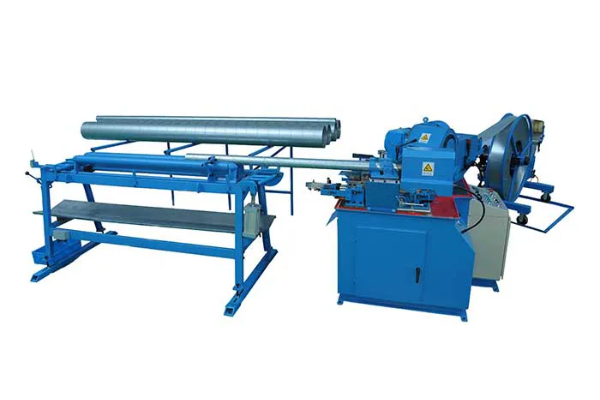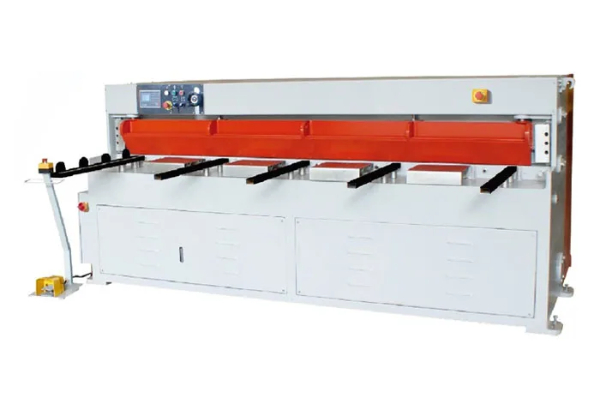
Top 10 Sheet Forming Machines for Industrial Applications
- By:Metmac
- 2024-07-23
- 139
Sheet forming machines are essential equipment in various industrial sectors, including automotive, aerospace, and construction. These machines transform flat sheets of metal into complex shapes, enabling the production of a wide range of products. The global market for sheet forming machines is vast, with countless manufacturers offering a plethora of options. To navigate this complex landscape, we present the top 10 sheet forming machines for industrial applications, carefully selected based on factors such as performance, reliability, and versatility.
Types of Sheet Forming Machines
Sheet forming machines come in a variety of types, each designed for specific applications. The most common types include:
• Hydraulic Press Brakes
These machines use hydraulic pressure to bend metal sheets along a defined axis. They are versatile and can handle a wide range of materials and thicknesses.
• Mechanical Shears
These machines cut metal sheets using sharp blades. They are highly accurate and can produce precise cuts in a variety of shapes.
• Roll Formers
These machines continuously form metal sheets into complex shapes by passing them through a series of rollers. They are ideal for producing long, uniform sections.
• Punch Presses
These machines use a punch and die to create holes and other shapes in metal sheets. They are highly efficient and can produce a high volume of parts.
Factors to Consider When Choosing a Sheet Forming Machine
When selecting a sheet forming machine, several key factors must be considered:
• Material
The type of material being formed will determine the required machine capabilities. Different materials have varying properties, such as strength, ductility, and thickness.
• Capacity
The machine’s capacity refers to the maximum thickness and length of material it can handle. It is important to choose a machine with sufficient capacity for the intended applications.
• Precision
The machine’s precision determines the accuracy and repeatability of the formed parts. Higher precision machines are required for critical applications, while less precise machines may be suitable for general-purpose use.
• Efficiency
The machine’s efficiency refers to its ability to produce parts quickly and consistently. Factors such as cycle time, setup time, and automation features contribute to overall efficiency.
• Versatility
The machine’s versatility refers to its ability to perform a wide range of forming operations. More versatile machines offer greater flexibility and can handle a variety of tasks, reducing the need for multiple machines.
-
Reliable Sheet Metal Equipment for Sale to Support Precision Fabrication
2025/07/17 -
Advanced Duct Machine AC and Fabrication Solutions from Metmac
2025/07/12 -
The Advantages of Using a Sheet Roll Forming Machine in Manufacturing
2024/09/14 -
How to Optimize Your Laser Sheet Cutting Machine for Maximum Performance
2024/09/12
-
Efficient Sheet Metal Laser Cutting and Press Brake Solutions
2025/08/20 -
Advanced Sheet Metal Roll Forming Machines and Laser Cutting Solutions
2025/08/20 -
High-Performance Sheet Forming Machines for Industrial Applications
2025/08/20 -
Precision Steel Sheet Cutting and Bending Machines for Modern Metalworking
2025/08/14
-
A Guide to the Latest Innovations in Sheet Metal Folding Machines
2024/11/29 -
Key Features to Consider When Investing in a Sheet Metal Folding Machine
2024/11/28 -
Enhancing Precision with Advanced Sheet Metal Folding Machines
2024/11/27 -
How to Choose the Right Sheet Metal Folding Machine for Your Workshop
2024/11/26



